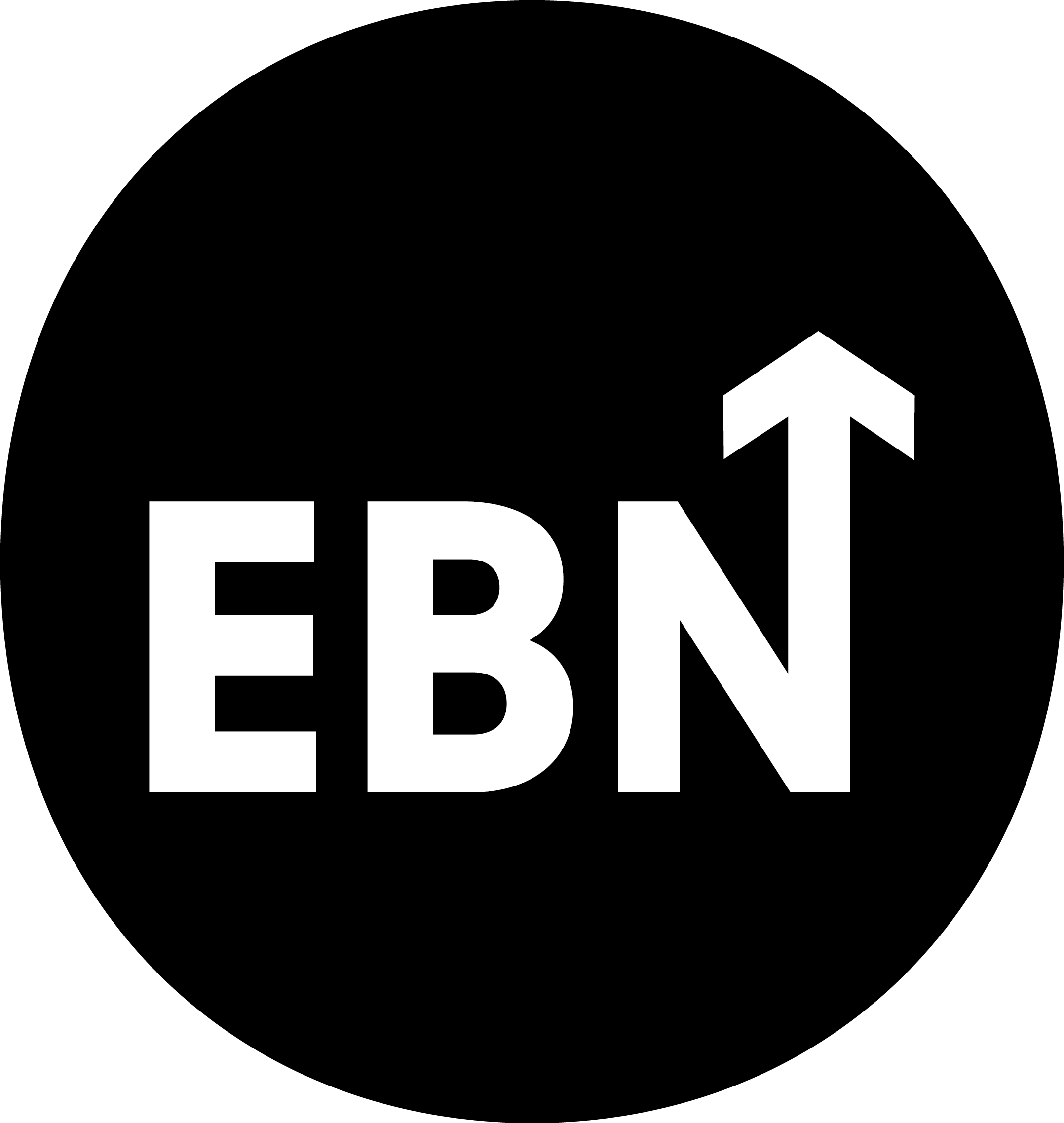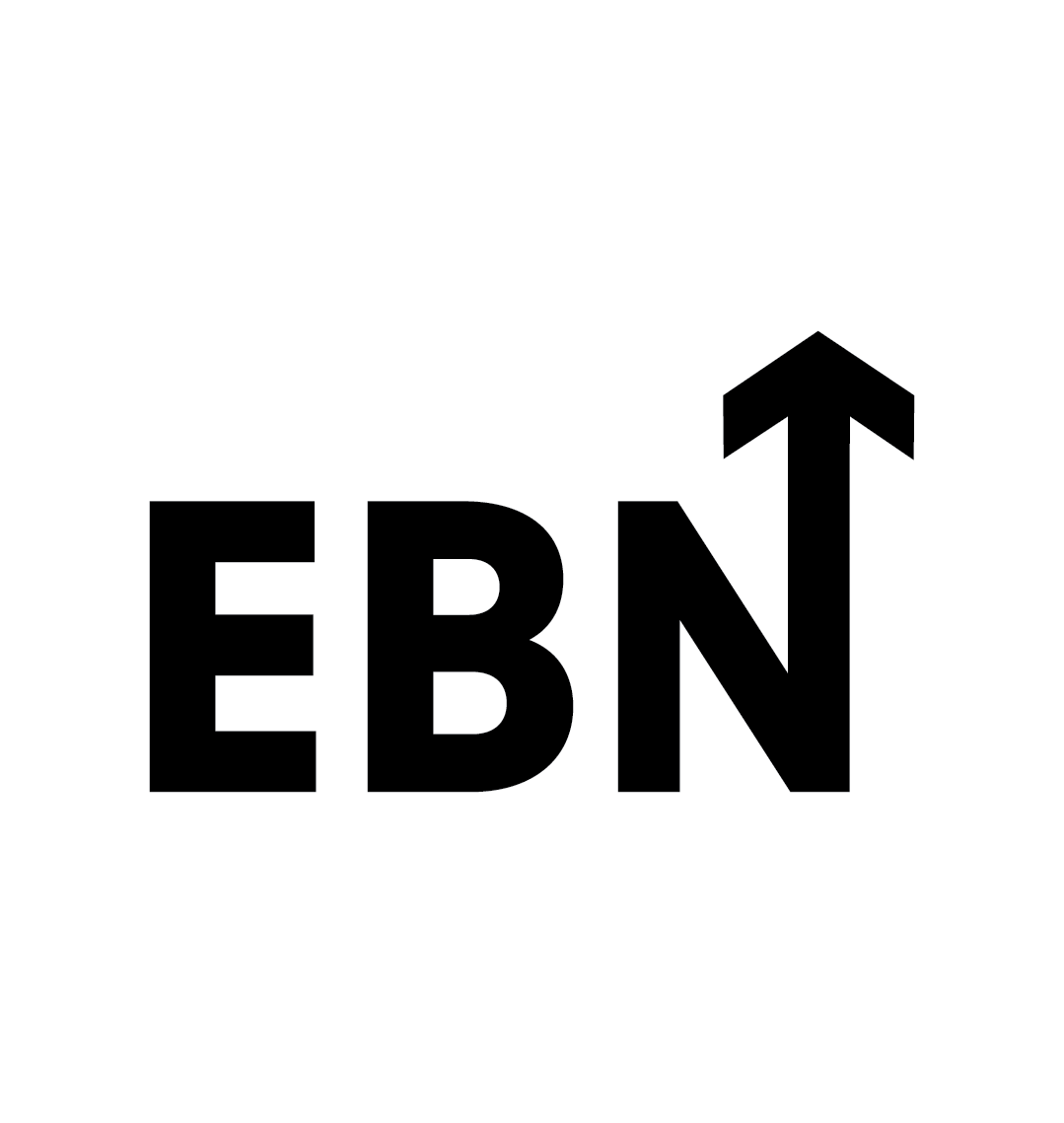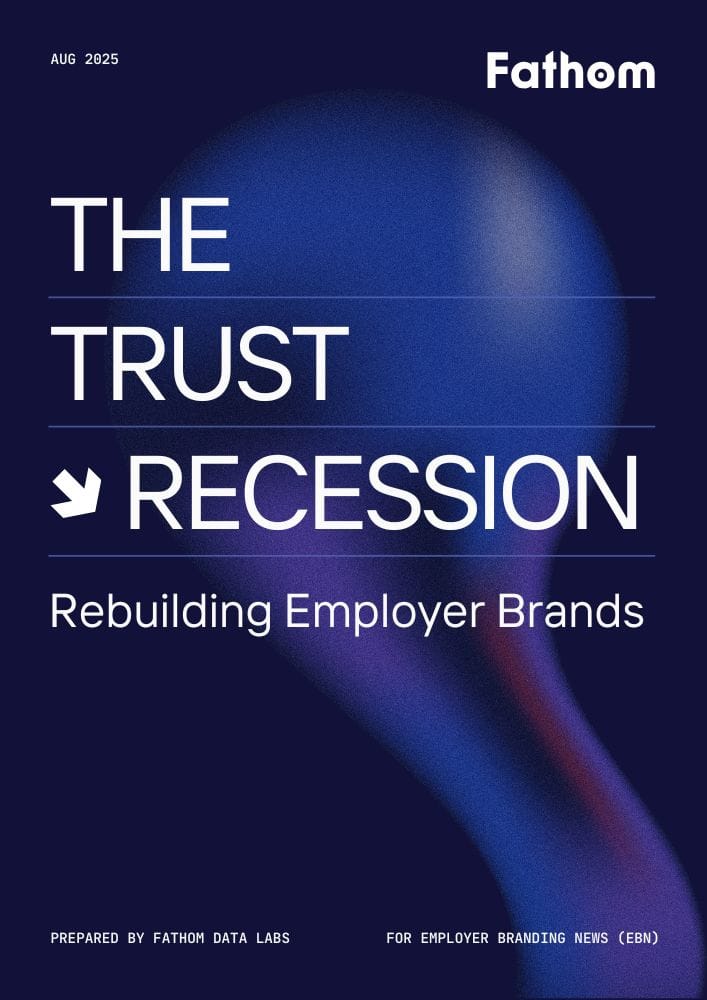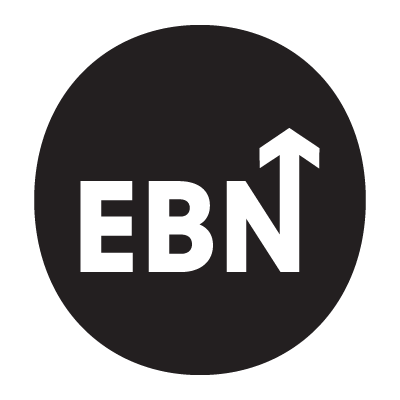For years, employer brands have increasingly promised the moon. Flexible working. A caring, family-like, culture. An inspiring purpose that looks marvellous on a careers site, if a little less convincing in a weekly team meeting. Candidates, however, are no longer swallowing it without a closer inspection. They’re digging deeper, cross-checking reviews, asking AI to do the investigative leg work, and weighing whether the promises hold up in reality.
Thanks to this sweet sweet cocktail of free AI tools, bottomless employee reviews, and a demand for authenticity in a world of too much fakery, we’ve now entered the age of radical honesty - and it’s making life very uncomfortable for many employer branding teams.
Momentum isn’t always progress, especially when you always end up back where you started.
Fathom helps you escape the loop. With insight, not intuition.
The appeal is obvious. Honesty feels refreshing in a world suffocated by corporate spin and AI slop. It's no wonder that research shows 73% of consumers say they’re more loyal to brands they see as authentic (source). 81% now insist they need to trust a brand before they’ll part with their money (source | source). And, as it turns out, Jobseekers are just as forensic: three-quarters now check an employer’s brand in some way before applying, and almost half go off what real employees say over the more polished chants from the corporate oracles. If trust is the new currency, then transparency is the only way to get rich (source | source).
The problem is... honesty is intoxicating right up until it isn’t. Done well, it humanises leaders, rebuilds trust after missteps, and wins forgiveness. Afterall, 89% of people say they’ll give a brand a second chance if it owns up to mistakes and acts on them (source). Done clumsily, though, and you look like a poorly run circus. One misplaced comment about AI replacing roles, or a flippant admission of culture flaws, and suddenly your “authenticity” reads more like “overexposure.” More on those faux pas here.
Fashion and retail brands are living this in real time. Haeckels renamed products with disarming bluntness, and Steve Madden has made interviews a masterclass in candid storytelling - both good examples of those who won plaudits for being real. Meanwhile, Duolingo’s blunt admission of AI-driven cuts sparked backlash, not admiration. The same dynamic applies in employer branding: radical honesty only works if it’s tethered to action. Tell candidates your culture is still a work in progress, fine. But if insiders don’t recognise the improvements or momentum - the "progres" part - your honesty will look like incompetence.
Helping HR, talent acquisition, employer branding, and company culture professionals find careers worth smiling about.
Once again, my top theme of 2025 comes back into focus... trust. If you hadn't already seen, Edelman’s latest Trust Barometer shows a decline in trust in employers for the first time in its 26 year history. backed up by PwC, who found that only 67% of employees actually trust their employer — a yawning gap compared to the 86% of leaders who think they are trusted (source). Into that deficit walks radical honesty. Or, at least, it should. Not some glossy, PR-approved kind, but a willingness to admit what’s broken, and show - concretely - how it’s being fixed.
The danger, however, is mistaking disclosure for strategy. Radical honesty isn't just hanging out dirty laundry for the sake of it, it's about showing your working out. It’s why transparency around pay gaps, sustainability targets, or employee survey scores can resonate: they prove the company isn’t hiding from reality. They also create benchmarks by which progress can be judged - not in closed boardrooms, but in open employee forums. Oversharing, on the other hand, invites candidates to see you as out of control rather than in touch.
So, authenticity or overexposure? It's a fine line and the answer lies in whether your honesty is deliberate. A controlled narrative of candid admissions - aligned with internal truth, supported by evidence - this is what builds trust and resilience. A clumsy outpouring of “here’s everything wrong with us” breeds doubt.
The Trust Recession is here. Edelman shows employer trust falling. This guide gives you the playbook to rebuild it.
Employer brands don’t need to be perfect, but they do need to be believable. And in 2025, believability is won not by promises, but by proof. Radical honesty can deliver that proof - as long as you don’t mistake vulnerability for virtue.
Walking the Tightrope
Radical honesty isn’t a trend to be dabbled in. It’s a discipline and requires the right skillset. Employer brands that handle it well don’t simply “say it as it is”, they build a framework for when, how, and why they tell the truth. Three principles stand out:
1. Honesty must be anchored in action.
Owning up to shortcomings is fine, but if that’s all you do it’s just hand-wringing. People will forgive gaps if they can see you’re genuinely closing them.
2. Transparency doesn’t mean total exposure.
The point isn’t to narrate every boardroom wobble. It’s to share the truths that matter to employees and candidates; think pay, culture, purpose, flexibility.
Back them up with data.
3. Trust is cumulative.
Don't expect one big statement to rebuild broken credibility. A steady rhythm of candid updates, lived values, and evidence-based progress is required to create a brand that people believe in.
In the end, your choice is between short-term noise and long-term trust. And in a market where every candidate has a GPT more powerful than the sum of humankind, and every employee has a voice, trust is the only sustainable competitive advantage left.
Takeaways
What is radical honesty in employer branding?
It’s the deliberate act of being transparent about your company’s culture, flaws, and future plans with the intent to build trust, not just headlines.
Why is authenticity important in employer branding?
Authenticity increases candidate trust and loyalty. In fact, 73% of consumers (and candidates) are more loyal to brands they see as authentic.
Where does radical honesty go wrong?
When honesty lacks action or structure, it risks overexposure. Candidates don’t want chaos, they want clarity and direction.
What’s the difference between transparency and oversharing?
Transparency reveals relevant truths supported by action. Oversharing is truth without purpose, often eroding trust instead of building it.
How do candidates validate employer brand claims today?
They fact-check using employee reviews, AI tools, social media, and peer networks looking for consistency between what’s said and what’s lived.
What role does trust play in modern employer branding?
Trust is everything. With Edelman and PwC showing a trust gap between leaders and employees, radical honesty offers a way to bridge it, if used wisely.
How can brands practise radical honesty safely?
Follow three principles: Anchor honesty in action, be selectively transparent, and build trust cumulatively, not in one big splash.








